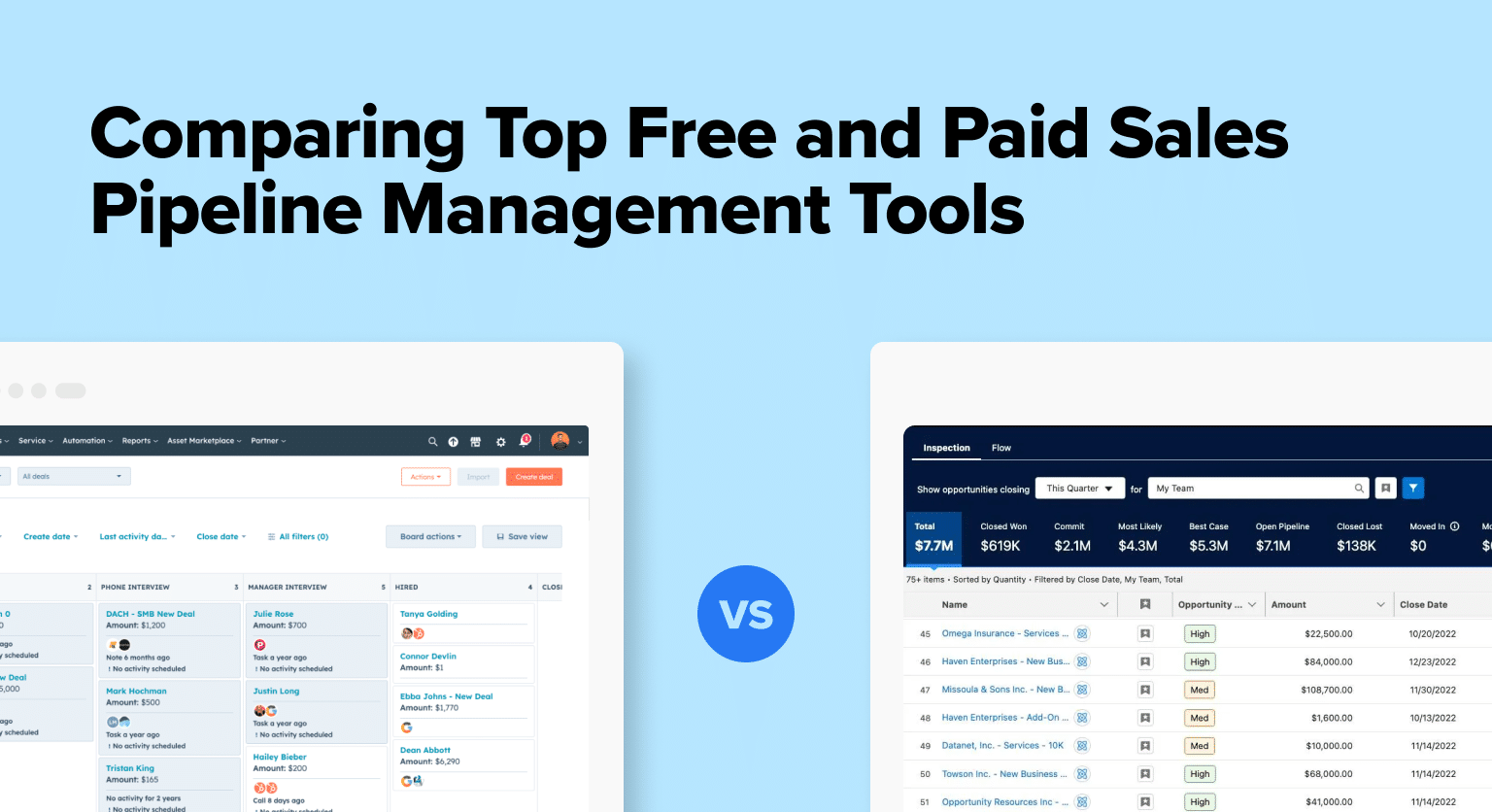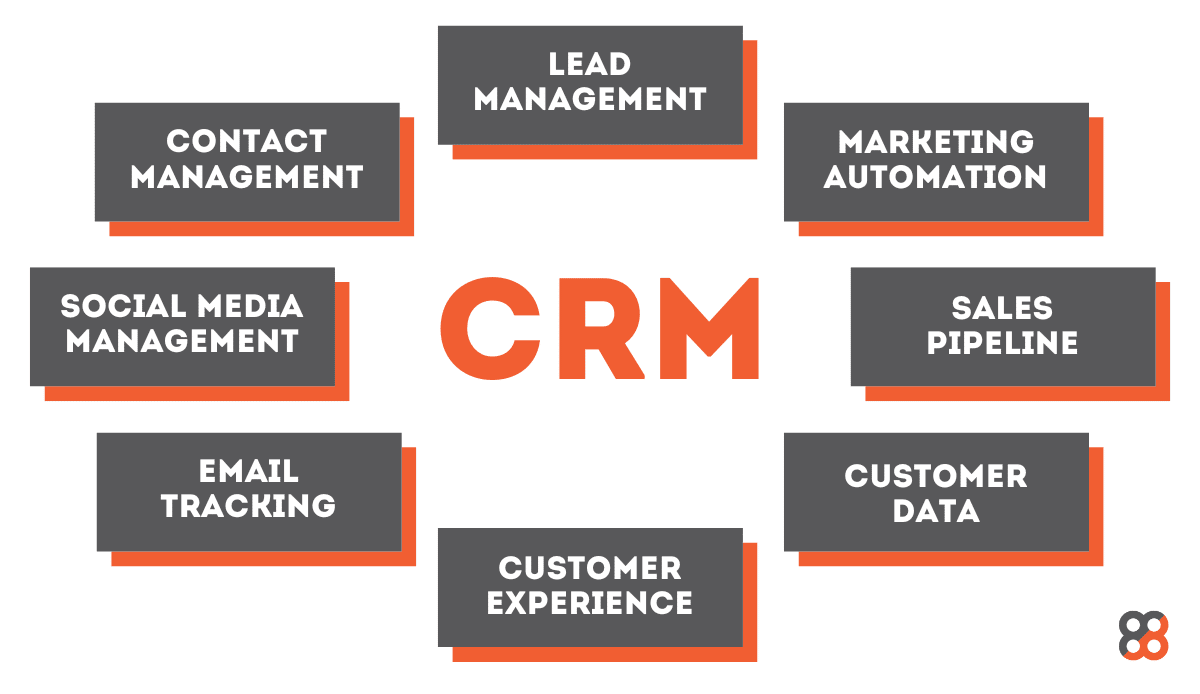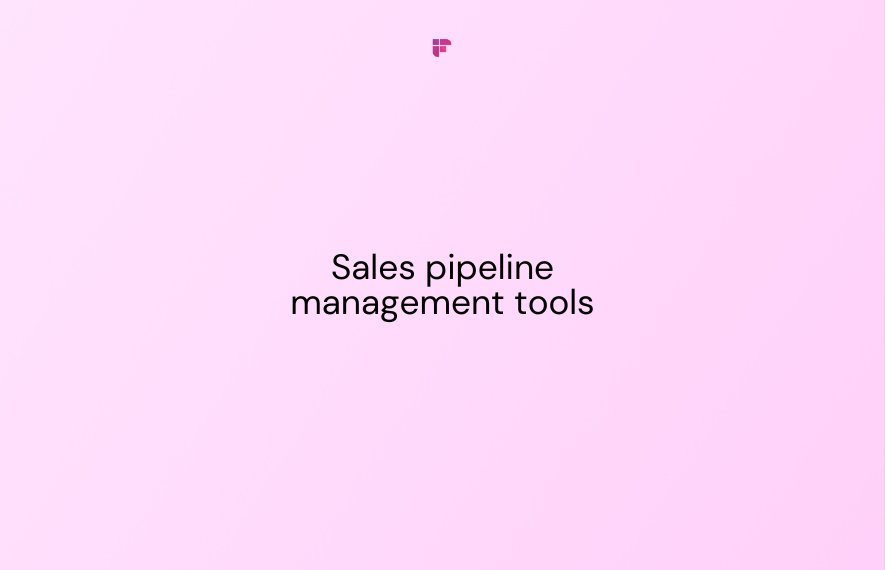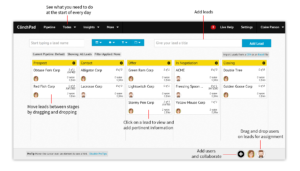Sales pipeline management software can streamline your sales process, improve efficiency, and enhance collaboration among team members. However, it comes with a cost, may require some time to implement and train staff, and may not be suitable for small businesses with limited budgets.

Credit: coefficient.io
The Benefits Of Sales Pipeline Management Software
Sales pipeline management software enhances the efficiency of your sales team by providing a structured and organized system for tracking and managing your sales opportunities. It enables your team to prioritize leads and opportunities, ensuring that they are focusing their efforts on high-value prospects.
Using this software, your sales team can easily track the progress of each deal in the pipeline, from initial contact through to closing. This visibility allows them to proactively manage each stage of the sales process, ensuring that opportunities are not overlooked or delayed.
Furthermore, the software automates repetitive tasks such as data entry and follow-ups, freeing up your sales team’s time to concentrate on building relationships and closing deals. This streamlining of processes leads to increased sales productivity and a more efficient sales cycle.
An essential advantage of sales pipeline management software is its ability to provide accurate and reliable sales forecasting. By analyzing the data entered into the system, this software can generate insights and predictions about future sales performance.
The software takes into account various factors including historical sales data, pipeline value, deal stage, and conversion rates to provide real-time sales forecasts. This capability allows sales managers to make informed decisions and allocate resources effectively.
The accurate forecasting provided by the software enables you to set achievable sales targets, identify potential bottlenecks, and make necessary adjustments to meet your revenue goals. Having a clear view of your sales pipeline empowers you to make data-driven decisions, resulting in improved sales performance and revenue growth.
Sales pipeline management software facilitates seamless collaboration among your sales team members. With a centralized system, everyone has access to up-to-date information about deals, interactions, and customer history.
Team members can update deal information, track progress, and leave comments or notes for others to see. This open communication allows for better coordination and alignment within the sales team, fostering a collaborative and supportive environment.
In addition, the software enables managers to assign tasks, set reminders, and track deadlines, ensuring that everyone is on the same page and working towards common goals. The increased collaboration and transparency result in improved teamwork, knowledge sharing, and ultimately, higher sales success rates.
The Drawbacks Of Sales Pipeline Management Software
While sales pipeline management software can offer numerous benefits to businesses, it is important to consider the potential drawbacks before investing in such a system. These drawbacks include high initial costs, a learning curve for implementation, and potential data security risks. By understanding these drawbacks, businesses can make an informed decision about whether or not to adopt sales pipeline management software.
High Initial Costs
The implementation of sales pipeline management software often comes with a significant initial investment. This includes the cost of purchasing the software, as well as any additional hardware or infrastructure that may be required. Additionally, businesses may need to allocate funds for training and onboarding employees. While the costs might be higher at the beginning, it is important to consider the long-term benefits and potential return on investment that the software can provide in terms of increased sales, improved efficiency, and streamlined processes.
Learning Curve For Implementation
Implementing a sales pipeline management software requires a learning curve for both administrators and users. Employees will need to become familiar with the features and functionalities of the software, which can take time and resources. Additionally, administrators may need to spend significant time and effort setting up and customizing the software to align with the organization’s specific sales processes and workflows. While the learning curve might be initially challenging, the software’s benefits can outweigh the time and effort invested in the long run.
Potential Data Security Risks
Data security is a critical concern when implementing any software system, including sales pipeline management software. Storing and accessing sensitive sales data on external servers carries inherent risks. There is a potential for data breaches, unauthorized access, or loss of data due to technical failures. It is crucial for businesses to thoroughly assess the security measures and protocols offered by the software provider to mitigate these risks. Employing measures like data encryption, regular backups, and secure access controls can help minimize the potential data security risks associated with implementing sales pipeline management software.
Choosing The Right Sales Pipeline Management Software
Choosing the right sales pipeline management software is crucial for the success of your sales team. With so many options available in the market, it can be overwhelming to make the right choice. In this section, we will discuss the key factors that you should consider when selecting the right sales pipeline management software. By weighing the pros and cons and evaluating your specific needs, you can make an informed decision that will streamline your sales processes and maximize your team’s efficiency.
Identifying Your Specific Needs
Before diving into the world of sales pipeline management software, it is important to identify your specific needs. Assessing your sales team’s requirements will help you narrow down your options and choose a solution that aligns with your specific goals and objectives. Consider the following factors when identifying your needs:
- Size and complexity of your sales team
- Types of products or services you offer
- Integration requirements with other systems
- Reporting and analytics capabilities
Evaluating Features And Functionality
Once you have a clear understanding of your specific needs, the next step is to evaluate the features and functionality of each sales pipeline management software. Look for software that offers the following features:
- Lead and deal tracking
- Opportunity management
- Activity and task management
- Pipeline visualization
- Customizable reporting
- Integration with other tools and systems
- Mobile accessibility
- Automation capabilities
Considering User Experience And Support
Understanding the user experience and support provided by the sales pipeline management software is essential for a smooth implementation and adoption by your sales team. Consider the following aspects:
- User-friendly interface and intuitive navigation
- Availability of training and onboarding resources
- Responsive customer support
- Regular software updates and improvements

Credit: bigbang360.com

Credit: www.troyvermillion.com
Frequently Asked Questions On The Pros And Cons Of Sales Pipeline Management Software
What Are The Benefits Of Using Sales Pipeline Management Software?
Using sales pipeline management software helps businesses streamline their sales processes, track leads, and improve sales productivity. It provides real-time visibility into sales pipelines, helps in forecasting and goal-setting, enables efficient collaboration, and enhances customer relationship management.
How Can Sales Pipeline Management Software Improve Sales Team Performance?
Sales pipeline management software helps sales teams prioritize leads, track progress, and identify bottlenecks in the sales process. It provides data-driven insights that help sales reps focus on high-value opportunities, make informed decisions, and close deals faster. Automation features also save time and reduce manual errors.
Is Sales Pipeline Management Software Suitable For Small Businesses?
Yes, sales pipeline management software is beneficial for businesses of all sizes, including small businesses. It helps small businesses organize their sales activities, track leads, and improve sales efficiency. It enables them to scale their sales processes, analyze data, and make strategic decisions to drive growth.
Conclusion
To sum up, sales pipeline management software offers a range of benefits for businesses. It provides a centralized platform to track and analyze sales data, optimize workflow, and enhance communication. With features like forecasting and lead management, it improves sales efficiency and effectiveness.
However, it’s essential to consider the potential drawbacks, such as the initial investment and the learning curve for implementation. Ultimately, the decision to adopt sales pipeline management software should be based on the specific needs and goals of your business.




